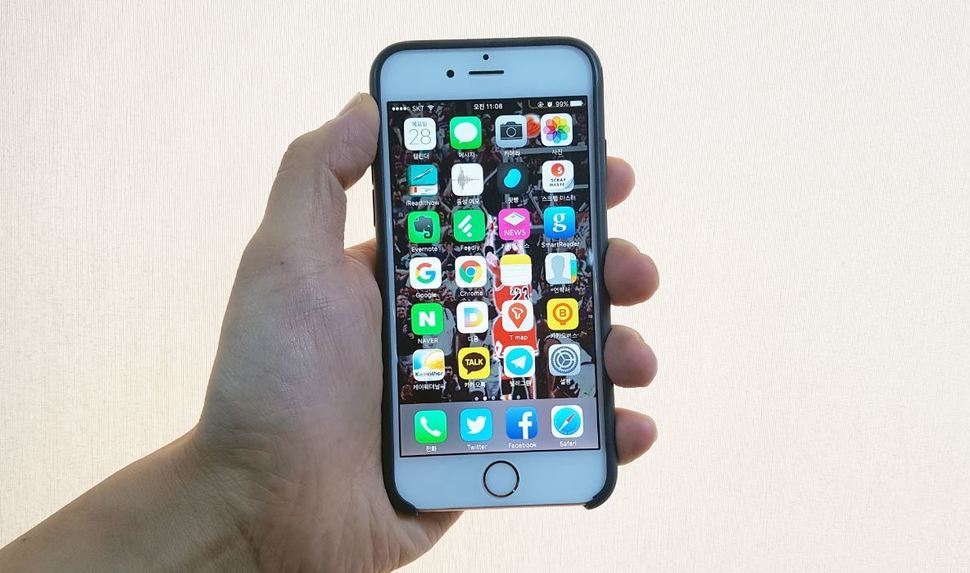 |
|
iPhone 6S
|
Company gives half-hearted “apology,” offers discount rather than free battery replacement
iPhone users in South Korea and overseas remain unappeased after an apology from Apple over deliberate degradation of the devices’ performance and discounts on replacement batteries. Sticking points include the half-hearted apology from Apple, which maintained that the issue stems from “customer misunderstandings,” as well as the decision to offer a mere US$50 discount rather than providing replacement batteries free of charge. The situation has led to growing calls in South Korea and overseas for Apple to provide compensation. As of 5:49 pm on Dec. 31, over 186,000 South Korean iPhone users had declared their intent to take part in legal action by the law firm Hannuri to request damages – or around 5% of South Korea’s 3.5 million iPhone users joining the call to demand active compensation. And with over 180,000 people joining in the space of four days, the number of lawsuit participants appears likely to rise even further by the recruitment deadline on Jan. 11. As of the same day, Hwimyung, another law firm preparing a suit in connection with the iPhone, had over 2,000 registered members in its lawsuit participation online cafe. Apple Korea previously announced that it was lowering the price of a battery replacement by 66,000 won (US$62) from 100,000 won (US$94) to 34,000 won (US$32). Because South Korean service centers are run by agencies rather than Apple itself, however, replacement costs may vary from one to the next. In the US, the issue is the subject of nine confirmed class action lawsuits alone demanding astronomical compensation. One class action lawsuit in a California federal court is requesting damages of US$999 billion, and iPhone users from at least six states have joined in taking legal action. Class action litigation procedures are also being initiated in Israel. Industry analysts said the high level of loyalty among iPhone users and iPhone’s uniquely independent ecosystem were factors in Apple’s deliberate performance degradation issue. Over 80% of young iPhone users in the US repurchase the device, with a repurchasing rate over 50% in China, the iPhone’s second-largest market. Since the iPhone uses its own iOS operating system independently from Android, users have a difficult time switching brands. The situation has prompted some to claim that the “enemy of the [new] iPhone is the [old] iPhone.” Indeed, global smartphone rankings released in October by Counterpoint Research showed Apple’s recently released iPhone 8 and iPhone 8+ occupying the top two spots for market share at 4.6% and 4%, respectively, while the older iPhone 6 and 7 models held down the fifth- and sixth-place spots at roughly 1.2% each. “iPhone users buy new iPhones. To sell lots of new iPhones, you have to increase demand to replace the old ones, and it’s tough to imagine these deliberate performance degradation measures were aimed at doing that,” said an IT industry source. Another source said Apple “was able to adopt a measure like this because it commands strong customer loyalty.” The episode could be a major blow for Apple, which stands to lose in terms of customer trust. While the company faced previous criticisms over the suicides of numerous workers at partner company Foxconn and the use of tax havens, both issues were considered separate from trust in its products. With the latest controversy tying in with the iPhone’s actual performance, the situation could do serious damage to Apple depending on how it progresses. It’s the biggest crisis yet for the company, which stated in its apology that its “customers’ trust means everything to us.” By Choi Hyun-june, staff reporter Please direct questions or comments to [english@hani.co.kr]






